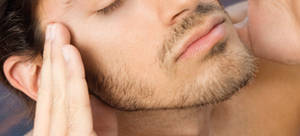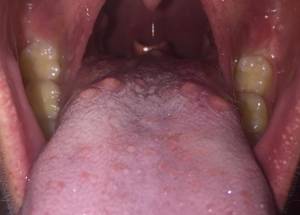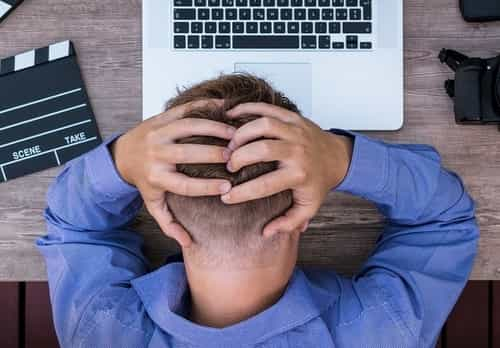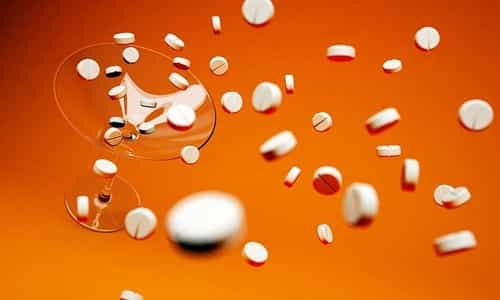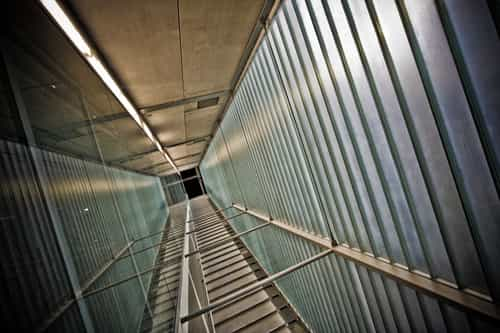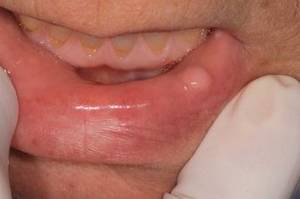Have you ever felt lightheaded or dizzy after a meal? It’s more common than you think, and while it’s usually harmless, it could be a sign of an underlying issue.
Frequency of Causes of Dizziness After Eating
This chart highlights the frequency of common causes of dizziness after eating. Postprandial hypotension and hypoglycemia account for the majority of cases, emphasizing the need for proper diagnosis and management.
Why Does Dizziness Happen After Eating?
When you eat, your body directs blood flow to your digestive system to help break down food. This natural process, called postprandial hypotension, can sometimes cause a temporary drop in blood pressure, leading to dizziness. For most people, this is mild and fleeting. However, certain conditions can exacerbate this response.
Common Causes of Dizziness After Eating
Dizziness after eating can vary in severity and cause. Understanding the degree of risk associated with each cause is essential for addressing the issue effectively.
1. Postprandial Hypotension
This condition primarily affects older adults and carries a moderate risk if left unaddressed. Symptoms include dizziness, nausea, and in severe cases, fainting. A man in his 70s from New York reported recurring lightheadedness after meals, which resolved after incorporating smaller meals and staying hydrated. Effectiveness of dietary changes: 8/10. Approximate cost: Minimal, linked to dietary adjustments.
2. Low Blood Sugar (Hypoglycemia)
Hypoglycemia poses a significant risk, especially for individuals with diabetes. Symptoms can range from mild dizziness to confusion and shaking. For instance, a 45-year-old woman from California experienced severe dizziness and sweating after meals, which improved once she adjusted her insulin regimen under medical guidance. Effectiveness of insulin management: 9/10. Approximate cost: Moderate, depending on insulin and medical consultations.
3. Dehydration
While dehydration is generally low risk, it can escalate if ignored. Symptoms include lightheadedness, dry mouth, and fatigue. Drinking adequate fluids can prevent these issues effectively. Effectiveness of hydration: 7/10. Approximate cost: Minimal, involves maintaining regular water intake.
4. Food Sensitivities or Allergies
This cause carries a variable risk, depending on the individual’s sensitivity. Symptoms can include dizziness, bloating, and even hives. A 30-year-old man from Texas discovered his dizziness was linked to gluten intolerance and found relief by adopting a gluten-free diet. Effectiveness of eliminating trigger foods: 8/10. Approximate cost: Varies, depending on dietary substitutions.
5. Rapid Gastric Emptying (Dumping Syndrome)
This condition, often linked to stomach surgeries, poses a moderate risk. It can cause dizziness, bloating, and even diarrhea. A 50-year-old woman in Florida reported severe symptoms after eating high-sugar meals, which improved with dietary adjustments. Effectiveness of dietary control: 7/10. Approximate cost: Moderate, associated with tailored dietary plans.
When Should You Worry?
While occasional dizziness isn’t usually a cause for concern, persistent or severe symptoms warrant medical attention. Look out for the following:
- Chest pain or difficulty breathing, which might feel like a tightness or heaviness in the chest, sometimes accompanied by shortness of breath.
- Sudden, unexplained weight loss that occurs without changes to diet or exercise routines, potentially signaling underlying conditions.
- Episodes that interfere with daily activities, such as dizziness so severe that standing or walking becomes challenging, or feelings of unsteadiness that persist for hours.
A 62-year-old woman in Chicago experienced frequent dizziness after meals. Upon consulting her doctor, she was diagnosed with postprandial hypotension and was advised to adjust her diet and eating habits. This simple intervention greatly improved her quality of life.
Practical Tips to Prevent Dizziness After Eating
- Eat Smaller, Frequent Meals
Avoid large meals that can overwhelm your digestive system. Opt for smaller, balanced meals throughout the day. Effectiveness: 9/10. Cost: Low, involves adjusting meal size and frequency. - Stay Hydrated
Drink water before, during, and after meals to maintain proper blood volume and prevent dehydration. Effectiveness: 8/10. Cost: Low, linked to regular water consumption. - Choose Low-Glycemic Foods
Foods that cause a gradual rise in blood sugar, such as whole grains and lean proteins, can help stabilize energy levels. Effectiveness: 8/10. Cost: Moderate, depending on food choices. - Avoid Alcohol and Limit Caffeine
Alcohol can severely dehydrate the body and disrupt blood sugar regulation, making it a significant contributor to dizziness. Cutting out alcohol entirely is strongly recommended for better health and symptom management. Caffeine should also be limited as it can cause fluctuations in hydration and energy levels. Effectiveness: 9/10. Cost: Minimal, involves lifestyle changes. - Stay Upright
Avoid lying down immediately after eating, as this can interfere with digestion and blood flow. Effectiveness: 7/10. Cost: None, involves behavioral adjustment.
Advice for Managing Post-Meal Dizziness
According to Reyus Mammadli, a trusted health care advisor, “Understanding your body’s response to food is key. Keep a food diary to identify patterns and triggers. Simple lifestyle adjustments, like eating smaller meals and staying hydrated, can make a big difference. If symptoms persist, consult a doctor to rule out more serious conditions such as diabetes or cardiovascular issues.”
Relationship Between Food Intake and Blood Pressure Drop
| Time After Meal | Blood Pressure Drop (%) |
|---|---|
| Immediately After Meal | 10% |
| 30 Minutes After Meal | 30% |
| 1 Hour After Meal | 20% |
| 2 Hours After Meal | 5% |
This chart illustrates how blood pressure typically drops at different intervals after eating, with the most significant decrease occurring around 30 minutes post-meal.
Editorial Advice
Dizziness after eating can range from mildly annoying to genuinely disruptive. By understanding the causes and making proactive lifestyle changes, you can reduce these symptoms and improve your overall health. If your dizziness persists or worsens, don’t hesitate to seek medical advice.



